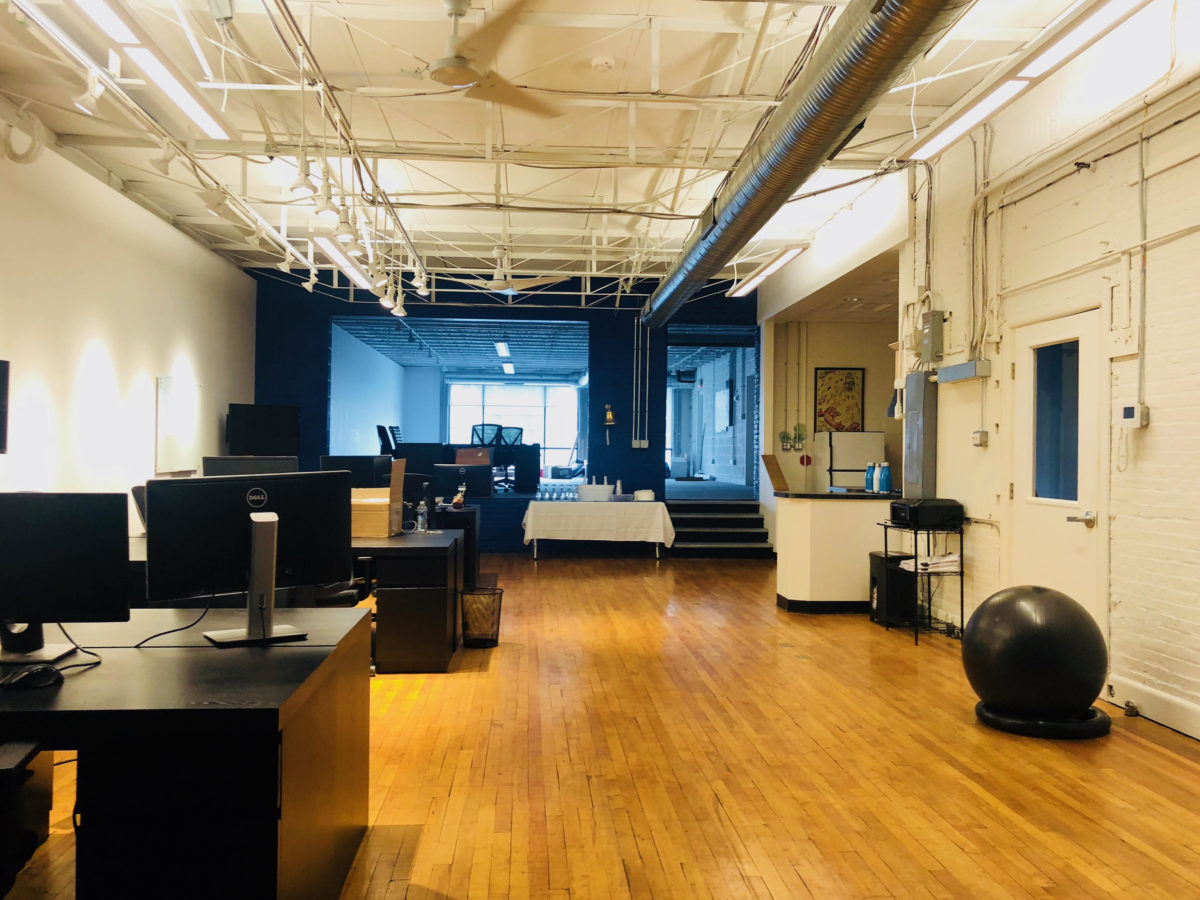emocha Health raised $6.2 million in a Series A funding round that will help the company expand its tech-enabled medication adherence service with health plans and transplant centers.
The round was led by Nashville-based Claritas Health Ventures, and included investment from CareFirst BlueCross BlueShield innovation arm Healthworx, as well as Kapor Capital and PTX Capital. Venture capital-wise, the company previously raised a $1 million seed round in 2017.
“We’re very fortunate to have a great group of partners and I think each of them will have a big role in taking us to the next level,” CEO Sebastian Seigeur told Technical.ly. “This is going to be huge for us.”
Coming off of 300% revenue growth in 2020, the company has put operations in place that expand the conditions where it applies its services, and enable it to work with health plans and systems. Now it is looking to grow further in those areas. Up next: Expansion of the 55-member team by about two dozen members across all divisions of the company. Seigeur has long been passionate about building in Baltimore, and took our call Friday from the company’s Mount Vernon office. He said the company will continue to look toward hiring local as it grows.
“The team at emocha is purposeful and passionate about challenged populations with chronic conditions, reducing the barriers to accessing high-quality care, and leading the expansion of health equity,” said Theresa Sexton, managing partner of Claritas Health Ventures, who will join the company’s board. “We are committed to supporting the growth of emocha and its team — there is an incredibly strong alignment between our two groups as it relates to a dedicated mission to impact care.”
emocha’s story shows a path for technology coming out of Baltimore’s medical institutions to become one of the city’s growth software companies. Spun out of Johns Hopkins in 2014, the company applies mobile video technology and data tools to the area of medication adherence, which ensures that patients are sticking with treatment plans and taking medication as prescribed. About half of U.S. patients don’t take medication as prescribed, costing the healthcare system $300 billion a year in hospitalizations that could’ve been prevented, per the company.
It started by using this remote version of the approach called directly observed therapy with treatment of infectious diseases, such as tuberculosis, and now works with 450 public health departments around the country.
Over the last couple of years, the company has completed research studies and initial work with health providers in additional treatment areas of chronic conditions. There has been federal funding to support it, as emocha received $6.1 million from the National Institutes of Health since 206. Seiguer likened that work to product development. And it gained customers, such as CareFirst BlueCross BlueShield Community Health Plan for Maryland Medicaid members with diabetes and asthma. With new venture funding, it is looking to grow revenue.
“The same success that we were able to achieve with the infectious diseases, we’ve proven it in asthma, diabetes and solid organ transplant,” Seiguer said. “Now that we have data, successful customers and pilots, we have to go to market.”

emocha’s office in Mount Vernon. (Courtesy photo)
emocha’s technology plays into an increasingly mobile society: Patients record a short smartphone video of themselves taking medication, and it is then reviewed asynchronously. But the company’s path hasn’t only been about building software. Now it’s a tech-enabled service, with team members that review the video check-ins, as well as address issues. As it moved into working with health plans, the company added a team to work with patients, including specialists in engagement and nurses. A medication review with emocha-employed pharmacists that followed an initial prescription became a key part of the process to help a patient understand the medication they were taking and the treatment plan.
“That addition is what really completed the picture,” Seiguer said. Now, it’s looking to grow that clinical part of the team with leadership positions.
Check out the company’s currently open roles.
Join our growing Slack community
Join 5,000 tech professionals and entrepreneurs in our community Slack today!
Donate to the Journalism Fund
Your support powers our independent journalism. Unlike most business-media outlets, we don’t have a paywall. Instead, we count on your personal and organizational contributions.

Maryland firms score $5M to manufacture everything from soup to nanofiber

National AI safety group and CHIPS for America at risk with latest Trump administration firings

How women can succeed in male-dominated trades like robotics, according to one worker who’s done it


